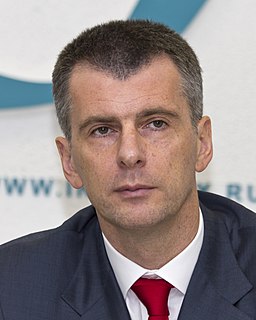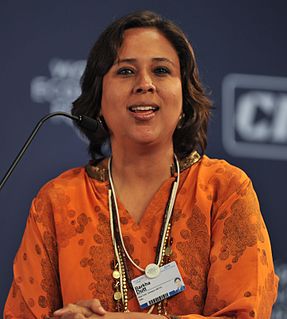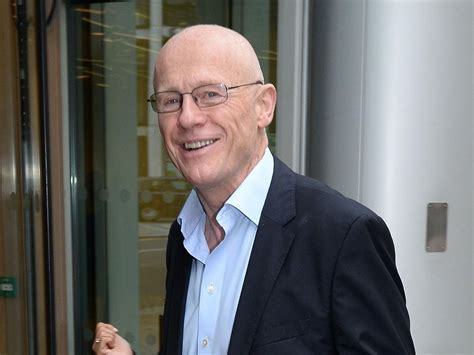A Quote by Edgar Fiedler
At some risk of oversimplification, I suggest that the usual reason a business cycle turns into a monster is an overdose of government policy.
Related Quotes
Managing risk is a key variable, frankly, all aspects of life, business is just one of them, and one of the things that most people do in terms of managing risk, that's actually bad thinking, is they think they can manage risk to zero. Everything has some risk to it. You know, you drive your car down the street, a drunk driver may hit you. So what you're doing is you're actually trying to get to an acceptable level of risk.
Here is where you get into the danger zone, when the government official starts talking about U.S. government business and then also talking about what personal business favors they might want. And when the conversation goes down that road, it does risk crossing the line into solicitation of a bribe.
Lack of confidence, sometimes alternating with unrealistic dreams of heroic success, often leads to procrastination, and many studies suggest that procrastinators are self-handicappers: rather than risk failure, they prefer to create conditions that make success impossible, a reflex that of course creates a vicious cycle.
I think during the Cold War in America at least, there was a division; there was the Soviet government and there were the oppressed people, who were not represented by this government. That was a massive oversimplification of what the true situation was there. There were certainly many people who were completely and fully alienated from the government.




































